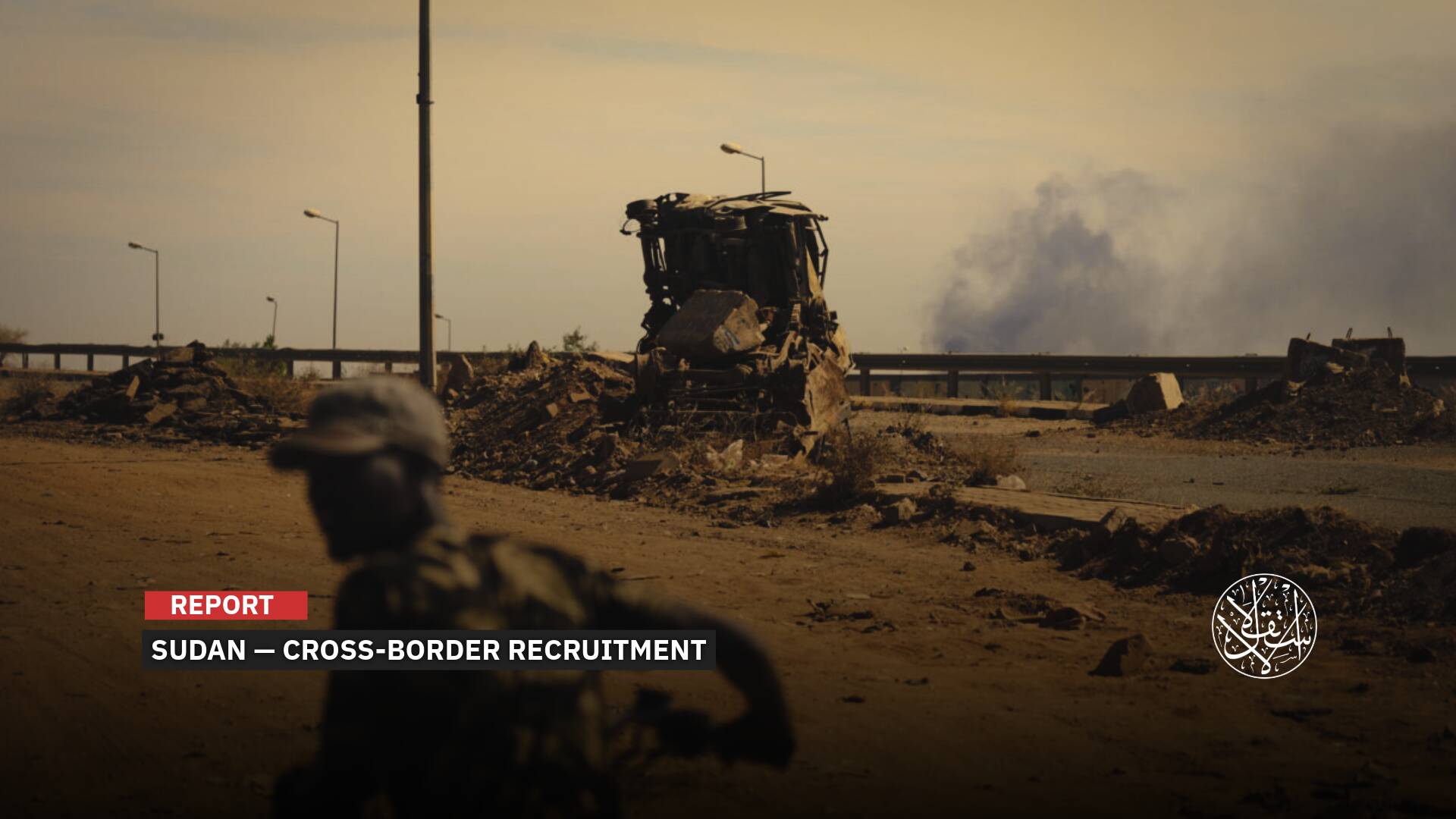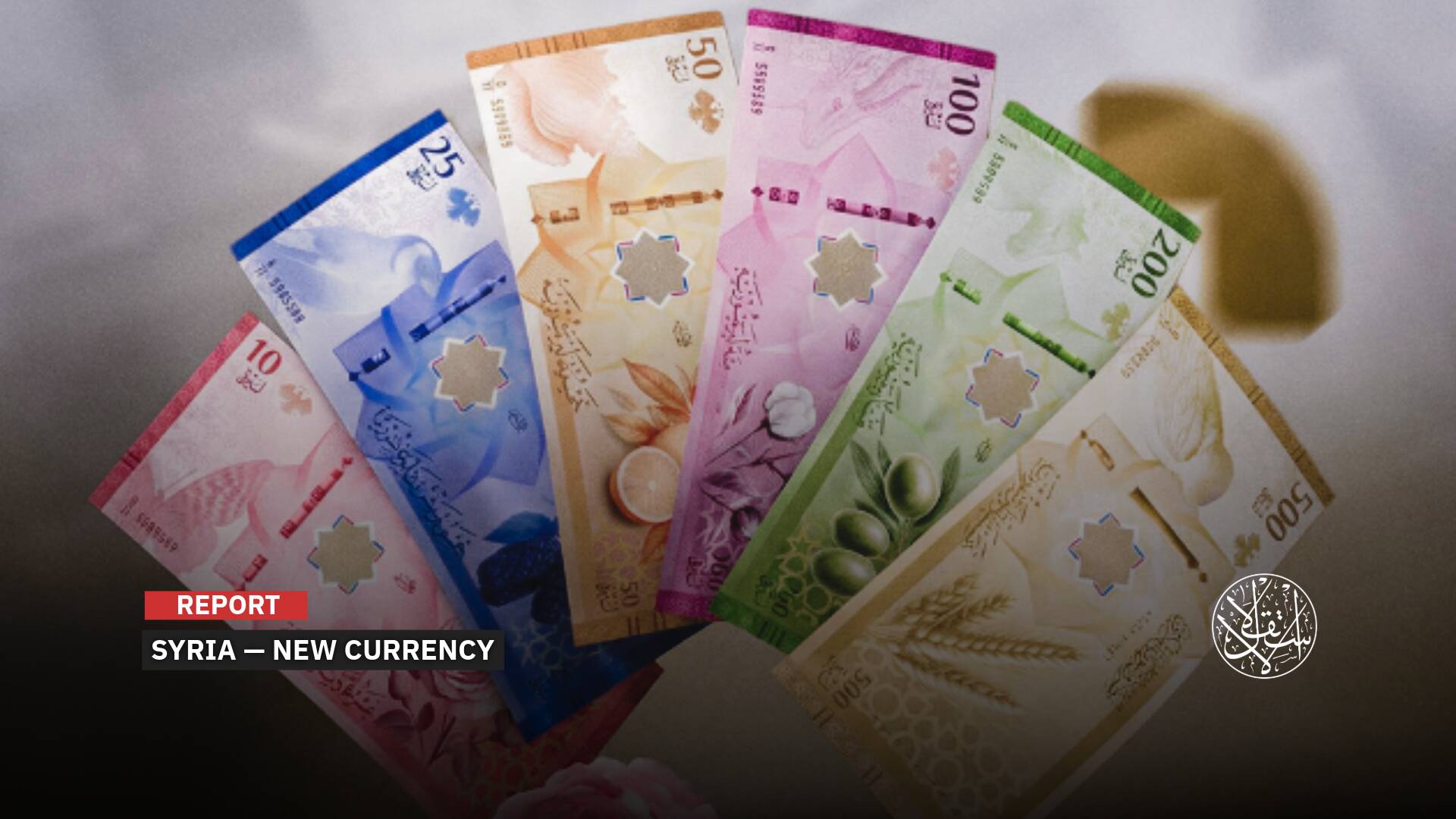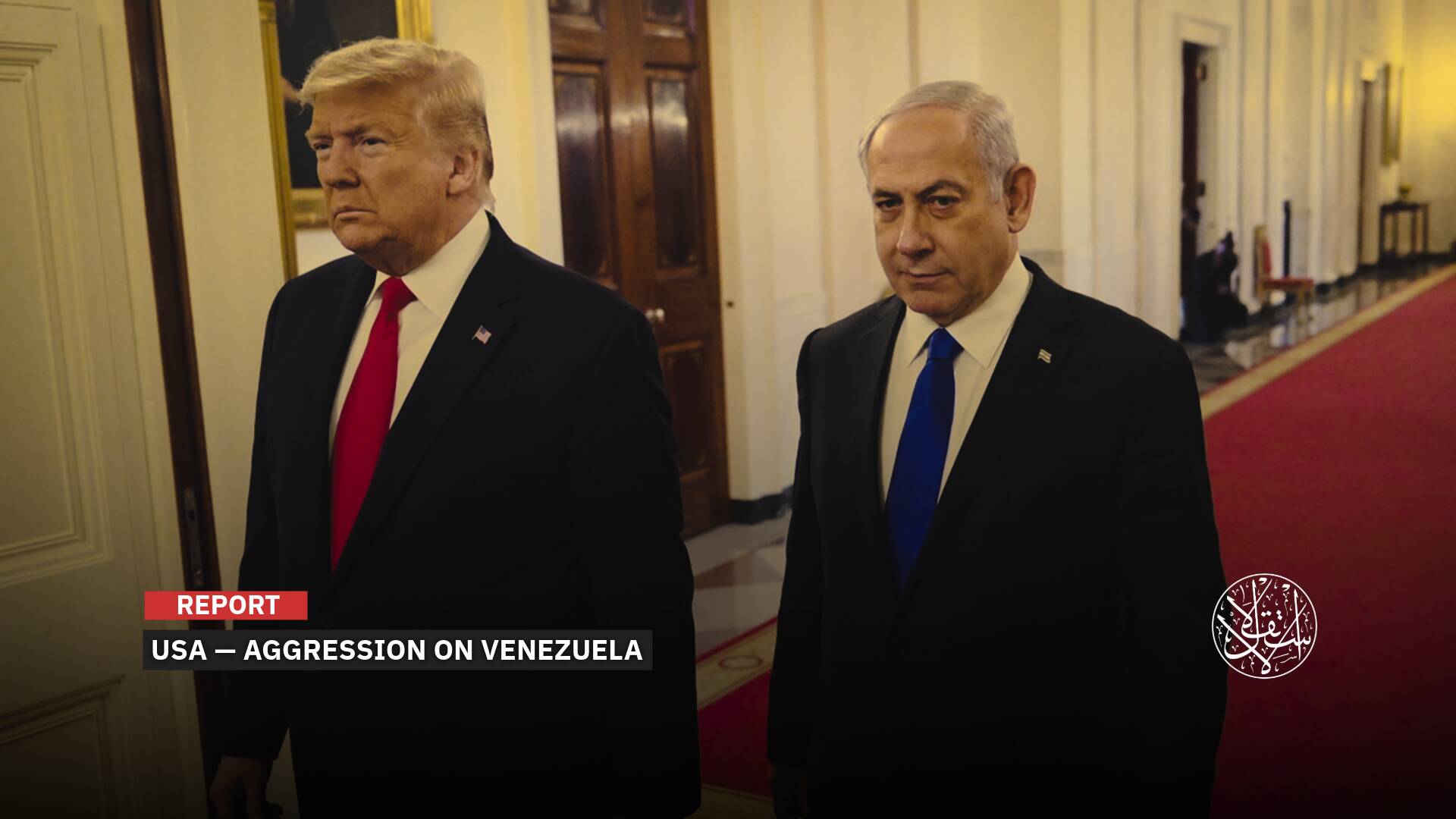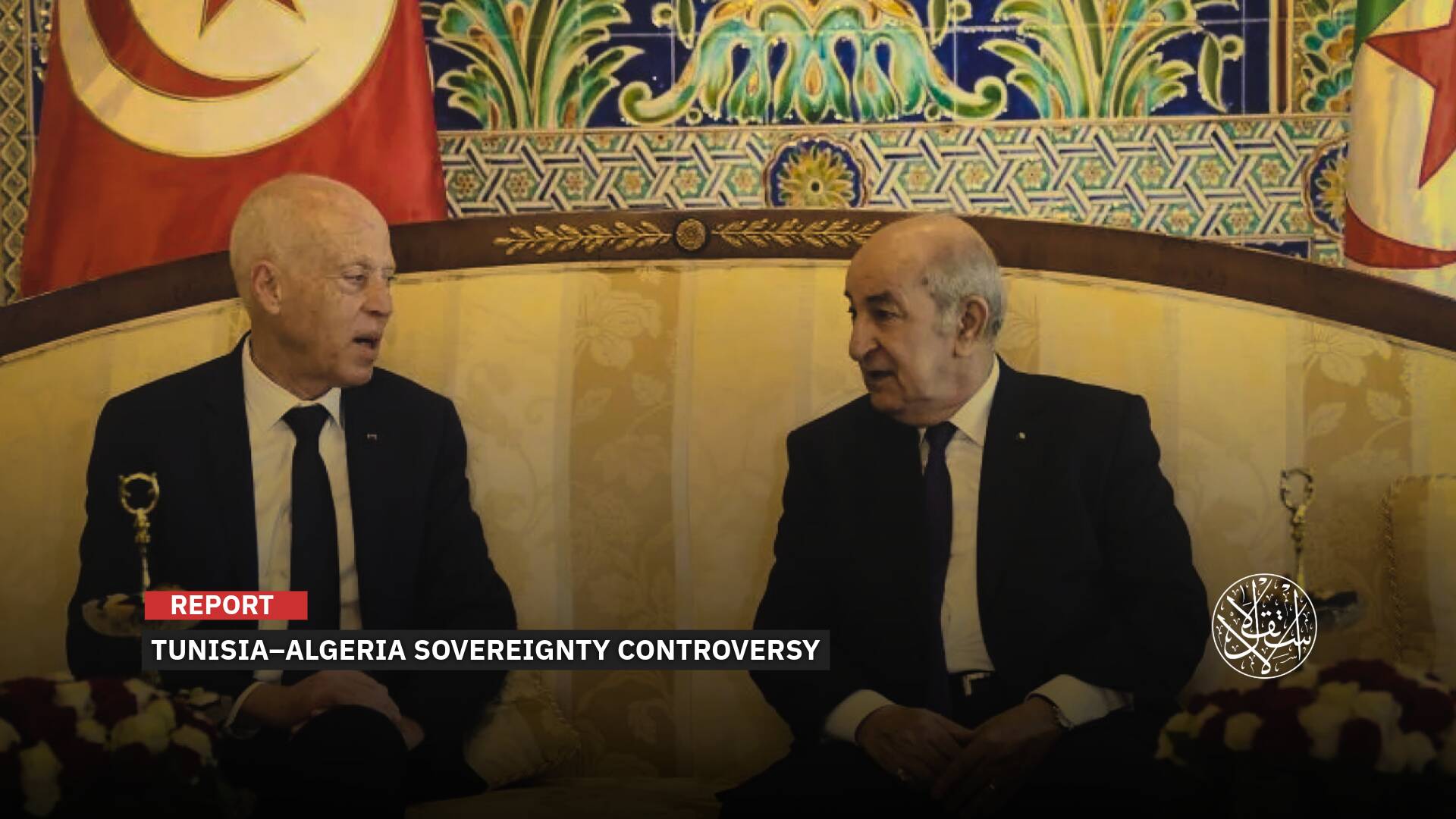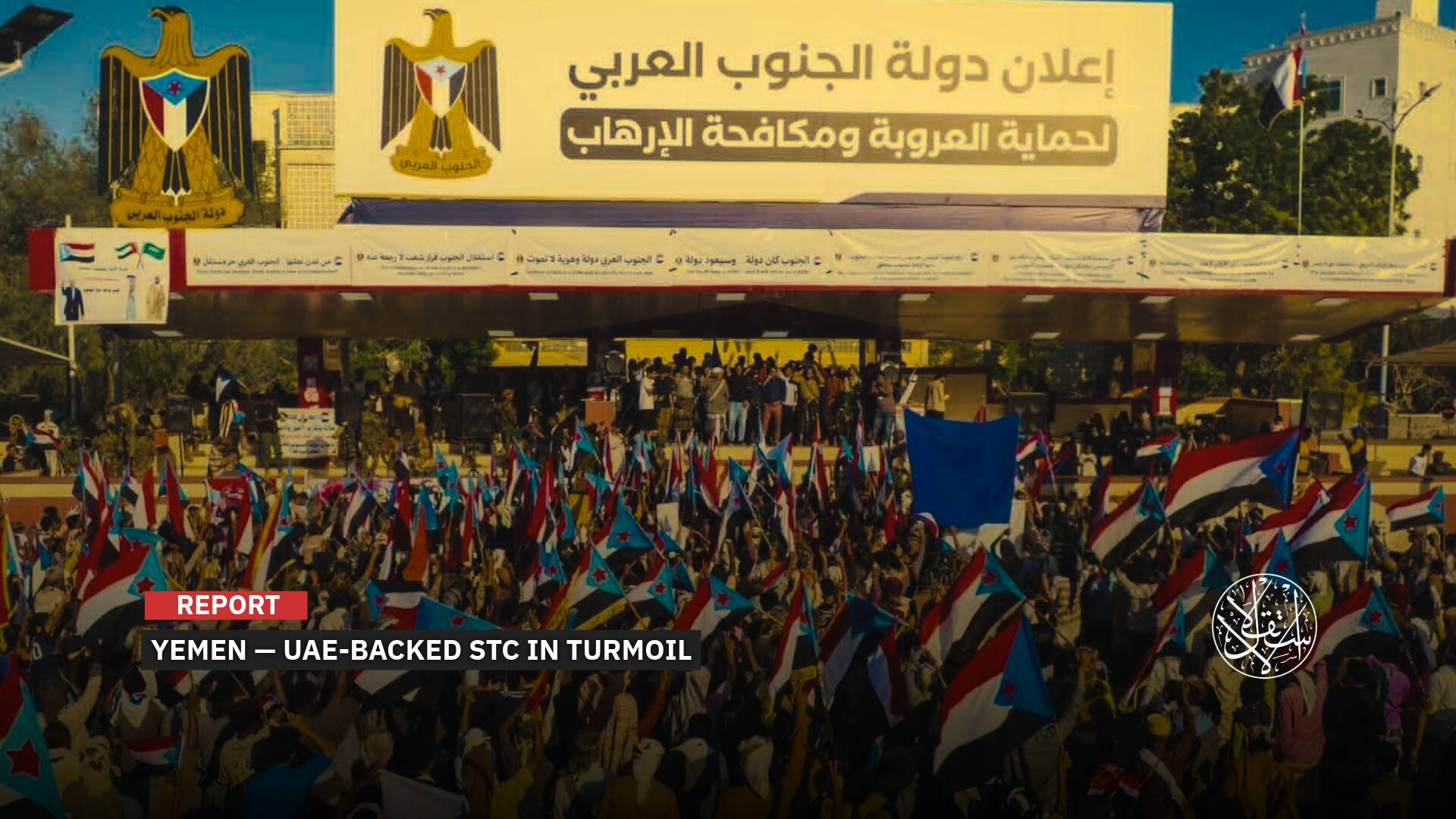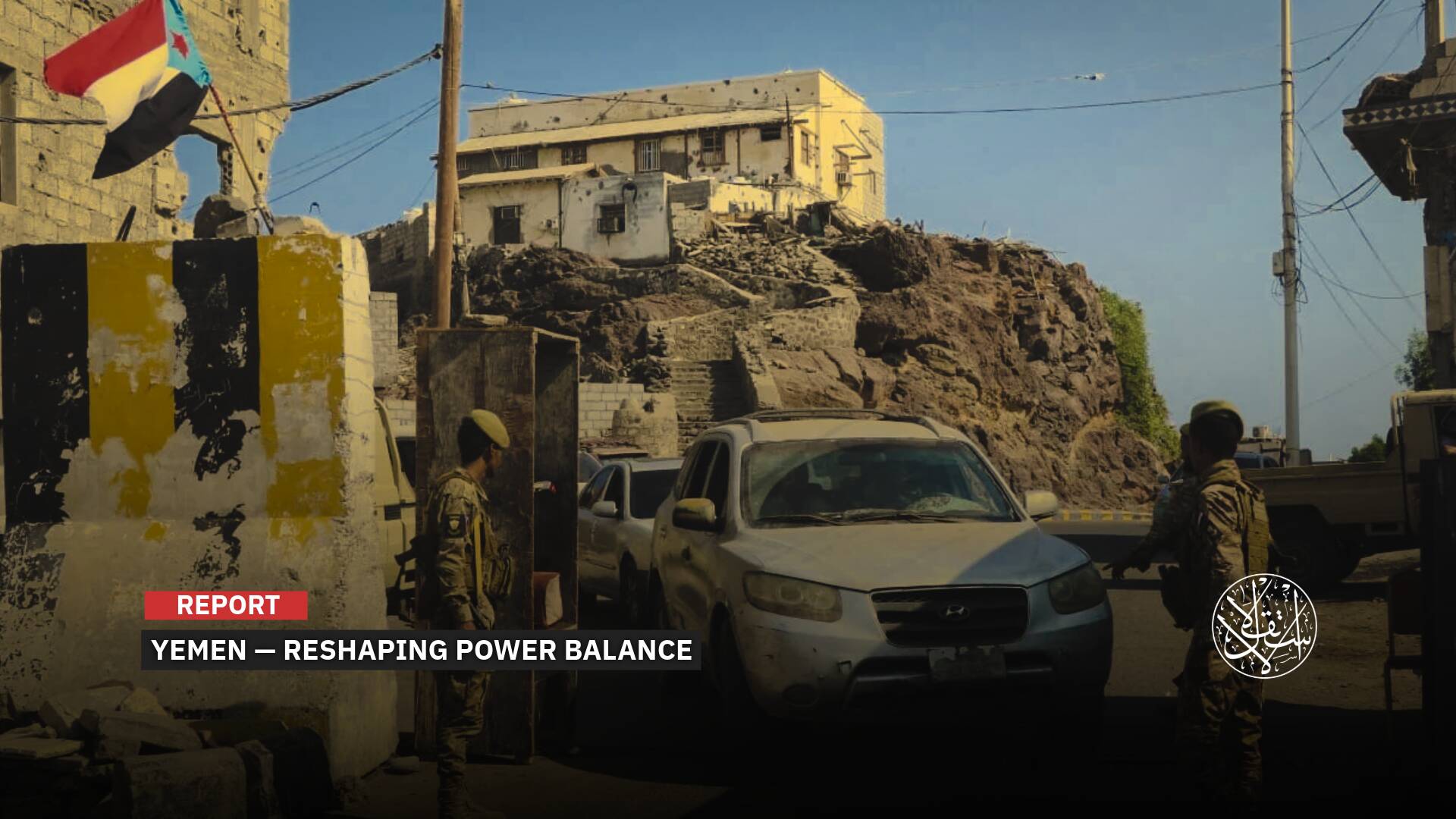Invoking a 'Spartan Prophecy': Five Profound Impacts of the Isolation Netanyahu Warned Of
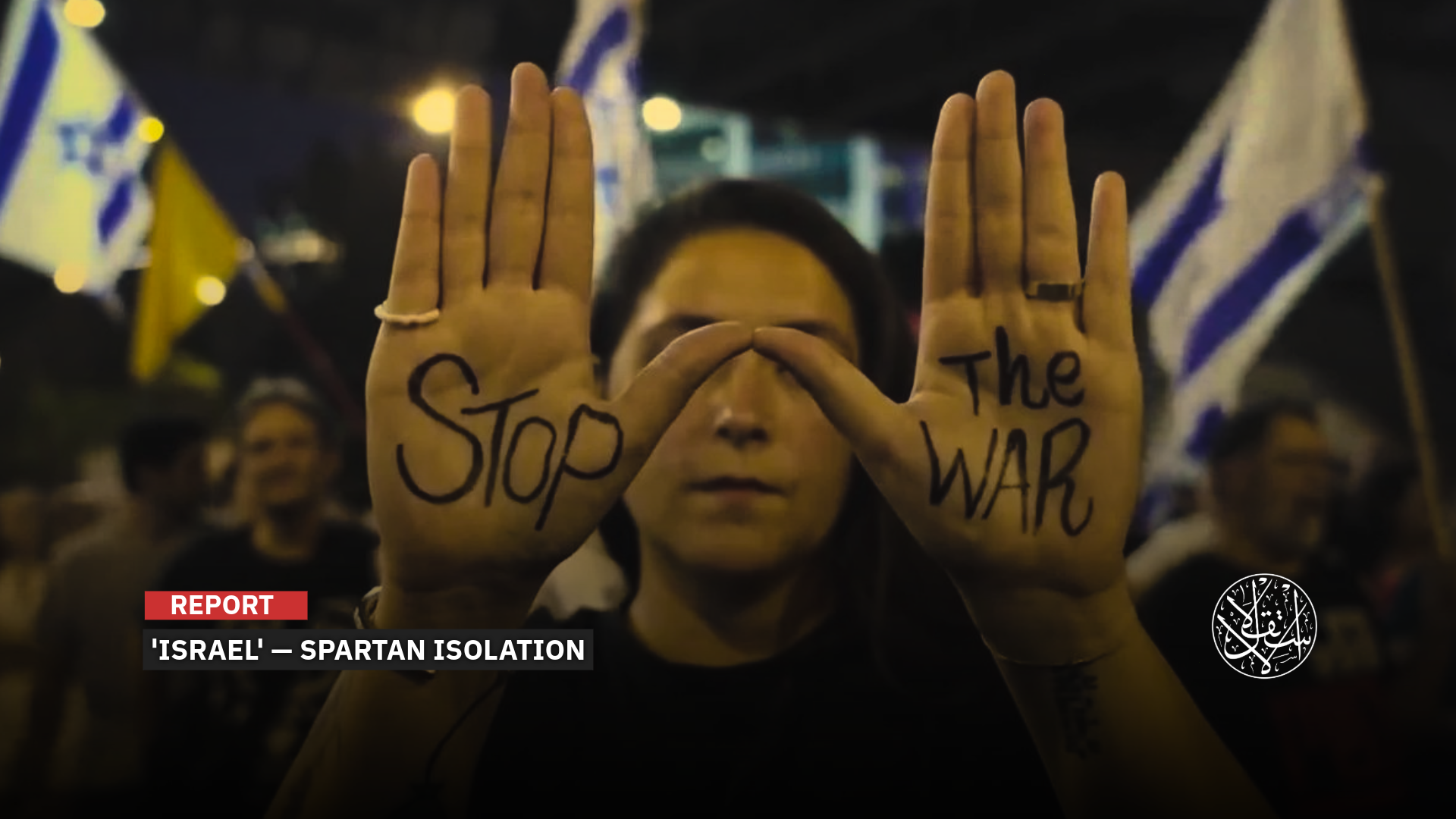
Sparta fought in isolation until defiance led to its ruin.
Benjamin Netanyahu’s recent remarks about the isolation “Israel” is facing due to its crimes in Gaza are not merely a political warning, they are a growing reality that is spreading like wildfire.
Israeli reports have highlighted the impact of this isolation across five key areas: the economy, culture and science, academia, sports, and tourism.
As Netanyahu predicted further isolation for his country, on September 17, 2025, the European Union imposed additional economic sanctions on “Israel,” with Israel’s Industrial Union estimating the cost at one billion dollars per year.
Spain has canceled deals worth one billion euros with Israeli arms companies and, in a striking move, 4,000 filmmakers from around the world have signed a petition calling for a full boycott of cooperation with “Israel.”
Israeli musical ensembles have been expelled from international festivals, and four European countries have threatened to withdraw from the Eurovision Song Contest should “Israel” participate.
The academic boycott of “Israel” has also accelerated, prompting “Israel’s” university presidents to issue a warning about the potential dangers of an academic blockade.
Rather than acknowledging the real causes of this growing isolation, Netanyahu has claimed that Western Muslims, despite being a minority, are behind it.
He boldly challenged the world, invoking the image of the Spartan king who, despite being surrounded, fought to the bitter end.
Yet Netanyahu seemed to forget that this ancient kingdom was eventually destroyed in battle, its soldiers perishing. In his defiant rhetoric, he appeared less like a leader rallying for survival and more like one foretelling the inevitable downfall of his occupation.

Why is ‘Israel’ isolated?
Although “Israel’s” growing international isolation has become plain for all to see, and Israelis are increasingly unwelcome across much of the world, Prime Minister Benjamin Netanyahu continued to deny it, only to finally concede the reality.
Speaking at the Public Accountant Conference held by the Ministry of Finance in Jerusalem on September 15, 2025, Netanyahu admitted that “Israel is now in international political isolation” and that “we are hitting certain barriers in global trade.”
He warned of a looming “Spartan economy,” referencing ancient Sparta’s siege and isolation, an analogy that, according to Israeli business daily The Marker, may be on the verge of materializing in light of impending European sanctions.
Israeli economic forecasts suggest that Netanyahu’s rhetoric about turning into a “Spartan economy” is less metaphor than prophecy, with the European Union preparing punitive measures that could fundamentally alter the rules of trade with “Israel.”
Israeli analyst David Rosenberg mocked Netanyahu’s Sparta analogy in Haaretz on September 16, remarking, “It Didn't End Well for Sparta, and It Won't for Israel Either.”
“Facing growing boycotts and embargos, Netanyahu says Israel should become a militarized autarky. His vision is fated to fail,” Rosenberg added.
The Haaretz editorial board, writing on September 17, described Netanyahu’s “Sparta speech” as a “confession of catastrophic failure,” while expressing disbelief at his vow to keep leading “Israel” down the hole he has dug for it.
The editorial stated bluntly that he is a man in crisis, dragging us toward the abyss, hiding behind Spartan fantasies.
Similar ridicule came from Israeli political analyst Amnon Abramovich on Channel 12 News, who noted on September 16, Sparta isolated itself and fought to its own destruction.
It suffered massive casualties, widespread injury, and its population fell into poverty.
Drawing a clear line to Netanyahu’s leadership, Abramovich continued, “Those who could leave, did. Democracy was abolished. The state adopted a messianic, ultra-religious agenda and pursued ‘absolute victory,’ it grew weak and was ultimately defeated.”
He then questioned Netanyahu’s entire premise, “Is he really talking about economic self-sufficiency? Is his vision one of Sparta?” He called the remarks “delusional.”
In attempting to explain the causes of “Israel’s” isolation, Netanyahu claimed that “Muslims who immigrated to Europe and became an influential minority with a strong voice, opposed to Zionism, have affected Western governments, which have caved to their positions on Gaza.”
“This situation threatens us with the beginnings of economic sanctions and problems importing weapons and weapon parts,” Netanyahu said.
But Haaretz, in its September 17 editorial, dismissed this narrative entirely, noting that European countries are not turning against “Israel” because of social media campaigns or waves of Muslim immigration.
Instead, the editorial charged, they are reacting to “the policies of a government that has slipped all restraint.”
Netanyahu also blamed the “digital revolution” for “Israel’s” growing international isolation, claiming that Qatar and China are investing vast sums in artificial intelligence and traditional media to attack “Israel,” “which is pushing us into isolation, and we are striving to fight it.”
However, a report from the website Dropsite on September 15 painted a very different picture. It revealed that “Israel” has employed the U.S.-based organization ISGAP to run a campaign, funded by “Israel,” that links Qatar to anti-Semitism on university campuses, exerting pressure accordingly.
The report confirmed that ISGAP plays a role in shaping policy in Washington, complementing the Trump administration’s broader crackdown on those opposing the war in Gaza.
ISGAP, the Institute for the Study of Global Antisemitism and Policy, is classified as a research centre “dedicated to scholarly study of the origins, operations, and manifestations of global antisemitism and other forms of prejudice.”
Western and Israeli reports have dismissed Netanyahu’s justifications for “Israel’s” isolation as a form of evasion from the real causes, namely, the world’s live broadcast witnessing Israeli barbarity in Gaza, including acts of genocide and starvation.
This widespread condemnation also contributed to four Western countries recognising the Palestinian state on September 21.
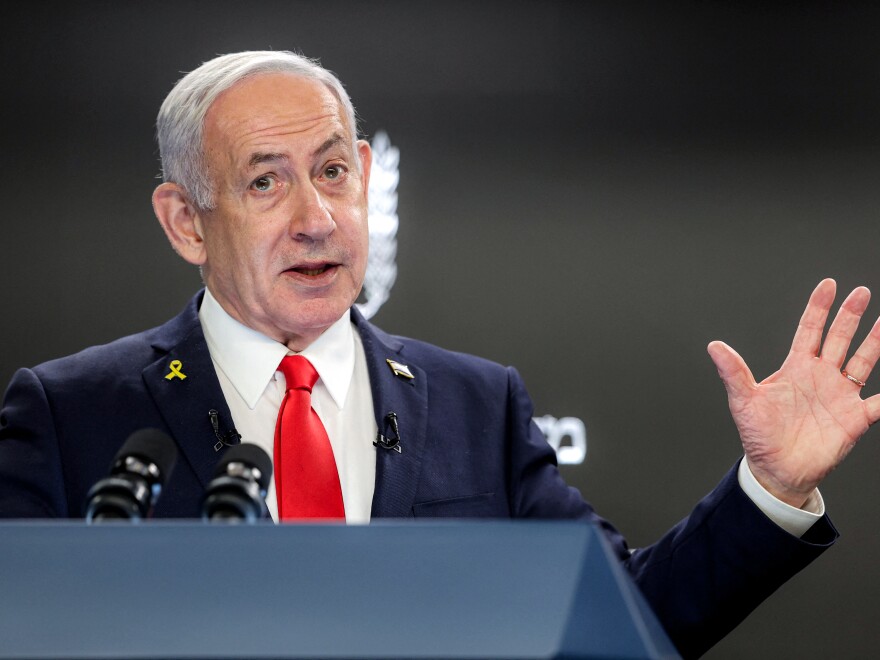
5 Key Impacts
Israeli newspapers and research institutes have documented numerous signs and effects of the country’s growing isolation. However, Israeli analyst Itamar Eichner highlighted in a report for Yedioth Ahronoth on September 17 the five most significant areas impacted: the economy, culture and science, academia, sports, and tourism.
Eichner described “Israel” today as a pariah state, noting that even the Prime Minister’s Office was forced to remove journalists and members of Netanyahu’s delegation from the Wings of Zion plane to conserve fuel for the extended journey to the United Nations General Assembly.
This measure was taken amid fears that some countries would refuse to allow the aircraft to cross their airspace, avoiding any violation of the arrest warrant issued against Netanyahu in The Hague.
According to Eichner, “Netanyahu addressed the EU pressures in a press conference, saying, “I didn’t say the economy is in dire straits; I said they’ll try to stop us. The EU might try tomorrow or next week—it won’t affect us much. We can overcome this.” He criticized attempts to restrict imports of weapon components, attributing them to “extreme Islamic minorities” in Western Europe and “organized anti-Israel propaganda.”
The sanctions imposed by the European Union on September 17 provoked particular anxiety in “Israel.” The most severe measures include suspending provisions of trade agreements with “Israel” and reimposing tariffs on Israeli goods, as a response to the genocide in Gaza and the annexation of the West Bank.
In parallel with Netanyahu’s predictions of further economic isolation due to the Gaza atrocities, and his call for increased adaptation to a self-sufficient economy, the EU delivered fresh economic penalties against “Tel Aviv.”
Ron Tomer, of the Israeli Manufacturers Association, estimated these sanctions could cost “Israel” “one billion dollars annually,” while Spain cancelled arms contracts worth one billion euros. These details were reported by Haaretz on September 16.
The package includes suspending certain trade provisions under the Euro-Mediterranean Agreement between the EU and “Israel,” as well as imposing sanctions on extremist government ministers and violent settlers, according to Politico on September 16.
Cultural Sanctions
Despite Jewish dominance over the narrative in Hollywood, the world’s most influential cinema hub, campaigns by film celebrities opposing the occupation have surged.
Film festivals have transformed into cultural protests against the genocide in Gaza, delivering devastating blows to “Israel” on the global arts stage.
The movement has grown into a broad cultural boycott reminiscent of the artistic and cultural sanctions against apartheid South Africa, which played a significant role in dismantling the racist regime there.
The most recent and striking blow came with 3,900 filmmakers signing a petition calling for a complete boycott of collaboration with “Israel,” as reported by Variety magazine on September 14 and NPR on September 19.
Israeli musical groups are also facing increasing difficulties participating in international festivals.
Even Idan Raichel, once “Israel’s” leading ambassador of world music, admitted that he is no longer invited to festivals abroad.
Spain, one of the “Big Five” countries that fund the Eurovision Song Contest, announced it would withdraw from the 2026 contest in Vienna if “Israel” participates, joining the Netherlands, Ireland, Slovenia, and Iceland in refusing to attend alongside “Israel.”
Meanwhile, the academic boycott against “Israel” is accelerating, with Israel’s Council of University Presidents warning of the “threat of an academic siege” on the country.
A report by the Knesset Foreign Affairs and Security Committee confirmed that the scale of the academic boycott is expanding at an alarming rate.
The campaign aims to isolate “Israel” academically and scientifically by excluding it from European research programs such as Horizon.
This includes boycotting Israeli researchers from professional academic associations, severing institutional ties, halting cooperation, and ending academic collaboration with Israeli faculty members.
Economic reports from both “Israel” and abroad indicate that the academic boycott is causing significant financial losses.
Between 2021 and 2024, Israeli universities received approximately €1.1 billion from the European Horizon program, but funding dropped by 68.5% in 2025 following growing solidarity with Palestine.

Arms Embargo
Since July 2025, a number of countries have either halted or reduced arms sales to “Israel,” including Slovenia, which was the first to impose a full ban, as well as Italy, Spain, Canada, the Netherlands, the United Kingdom, and Belgium.
Spain, in particular, has taken two decisions within a short period to cancel arms deals with Israeli companies worth around one billion euros.
It also holds a major contract valued at 700 million euros to purchase PULS artillery systems from Elbit Systems.
In June 2025, the Spanish Ministry of Defense suspended a large deal to acquire Spike LR 2 anti-tank missiles from Rafael, worth approximately 285 million euros, intended for the Spanish army and navy.
Spanish media described these moves as part of a broader effort to “zero out” technological and military dependence on “Israel” due to the war in Gaza.
Banned from Tourism
Among the sanctions cited by Yedioth Ahronoth as part of “Israel’s” growing isolation is the imposition of restrictions and exclusion targeting Israelis themselves, especially soldiers and officers, because of war crimes committed in Gaza.
Israeli passport holders had previously enjoyed visa-free access to 131 countries, but this has begun to change. Some nations are reconsidering agreements, citing investigations into “Israel’s” alleged involvement in genocide or other crimes.
Restrictions have surfaced in South America, a preferred destination for discharged Israeli Occupation Forces, whose names have been published on social media networks, notably by the group “Hind Rajab,” prompting many to flee secretly for fear of arrest.
It has reached the point where some want to travel abroad for a vacation, but are afraid of being identified as Israeli.
In an ironic twist, Israeli journalist Dani Bar-On recounted in Haaretz on September 18 how he fled to a nudist paradise in Greece, only to discover that Israelis were unwelcome there too, and that he was expelled.

The Spartan Economy and Prophecy
Speaking on “Israel’s” growing isolation and the mounting international sanctions against it, and the necessity of economic and military self-reliance, Netanyahu invoked the example of Sparta, likening himself to its leader who fought the Persians alongside 300 soldiers who sacrificed themselves to protect their land.
Yet the historical “Spartan prophecy” tells a very different story, that the Spartan king and his soldiers were killed and Sparta itself was destroyed after being besieged and isolated.
Sparta was historically known as a powerful city-state in ancient Greece, famed for its strict military system and culture centred around military service and loyalty to the kingdom.
It reached the height of its power after defeating Athens in the Peloponnesian War in 404 BC, but later declined following its defeat by Thebes at the Battle of Leuctra, slipping to a secondary power.
In its wars against the Persians, Sparta was ultimately destroyed and its soldiers killed.
In an attempt to portray himself as someone who will defy the isolation imposed on “Israel” due to its crimes, Netanyahu claimed, “We will increasingly need to adapt to an economy with autarkic characteristics,” he continued, calling the term for economic self-sufficiency , closed off from global trade, “the word I most hate.”
According to Irish Times, in a scenario of “Athens and Sparta,” he said, Israel will “have to become Athens and super-Sparta. There’s no choice. In the coming years, at least, we will have to deal with these attempts to isolate us. What’s worked until now will not work from now on.”
Before the Greco-Persian War (480 BC), Sparta consulted the oracle of the Temple of Delphi, which delivered a prophecy: “Either the city of Sparta will be destroyed, or its king will die in battle.”
The historical fulfilment of this prophecy came at the Battle of Thermopylae, where King Leonidas and his 300 soldiers perished facing the Persian armies, resulting in his death and the destruction of Sparta’s economy, despite their efforts to withstand the siege.
Netanyahu highlights only one side of the prophecy, the resilience and sacrifice, without acknowledging its full meaning: his own death and that of his army, and the collapse of the Israeli Spartan economy he seems to predict.
Meanwhile, 70% of Israelis report worsening economic conditions, according to a Midgam poll published on September 19, revealing widespread pessimism about the near-term economic outlook.
A study in the left-leaning American magazine Jacobin on September 16 noted that “Israel’s” war economy has defied typical economic expectations and has not collapsed despite the devastating costs wars usually impose on national economies, though it faces challenges.
The reason for its relative survival, the study explained, lies in “military Keynesianism,” whereby the Israeli government boosts civilian investment by increasing military and defence spending, effectively pumping large amounts of public money into the defence and military-industrial sectors.
The term “military Keynesianism” refers in economics and politics to the use of military expenditure as a tool to stimulate the economy, following Keynesian economic principles.
Sources
- How Israel’s War Economy Defied Economic Predictions
- An Israel-Funded Campaign to Link Qatar to Campus Antisemitism
- Hollywood stars back boycott as Israel's minister targets film academy
- I Escaped to a Greek Nudist Paradise, Only to Discover That Israelis Are Hated There, Too
- Netanyahu ensures EU sanctions ‘won’t have much effect’ ahead of bloc's final decision
- Brussels to propose sanctions against Israel as Gaza war escalates


